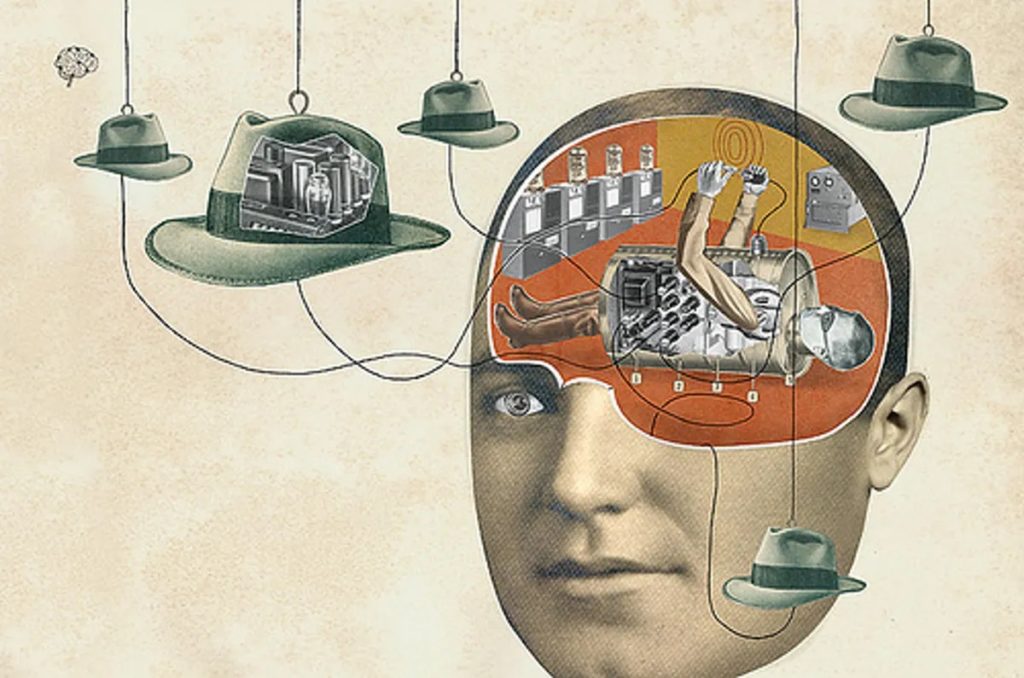Written by Rebecca Brown
In February 2020, just before science journalists had to start writing about covid full time, Tom Chivers wrote an article for Unherd, ‘‘Eugenics is possible’ is not the same as ‘eugenics is good’’. In it he describes a Twitter outcry provoked by Richard Dawkins who tweeted:
It’s one thing to deplore eugenics on ideological, political, moral grounds. It’s quite another to conclude that it wouldn’t work in practice. Of course it would. It works for cows, horses, pigs, dogs & roses. Why on earth wouldn’t it work for humans? Facts ignore ideology.
Chivers analyses the fallout in terms of a distinction between ‘high decouplers’ and ‘low decouplers’, a distinction described by the blogger John Nerst, here and also here. Chivers (and Nerst) describe decoupling as a ‘magic ritual’ that a speaker can perform in order to disassociate the thing they are about to say from all of the baggage that might ordinarily attach to it. So, one might say “I don’t think we should kill healthy people and harvest their organs, but it is plausible that a survival lottery, where random people are killed and their organs redistributed, could effectively promote longevity and well-being.”
Read More »Decoupling, Contextualising and Rationality


